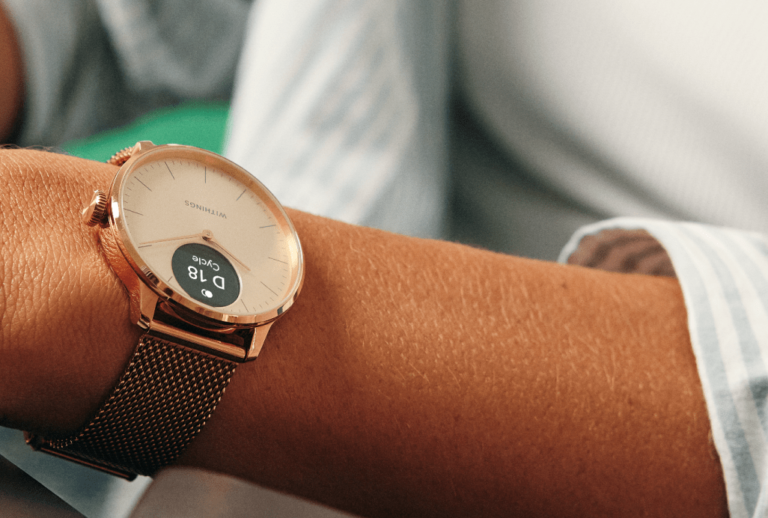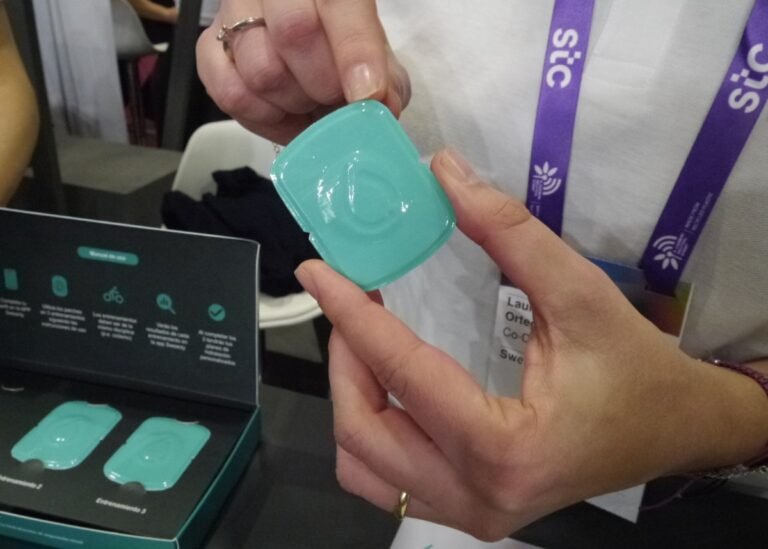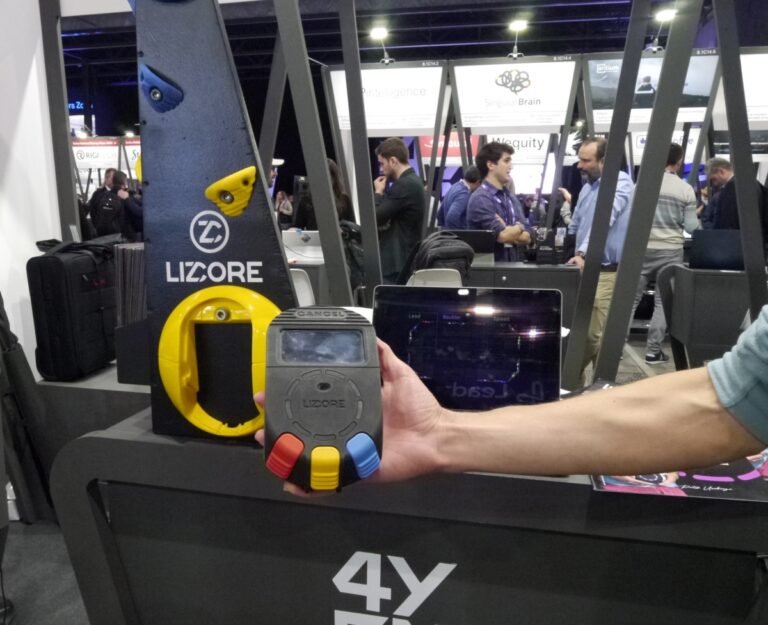
Crunchbase is expanding the scope of its tagging options in Europe to start tracking how much venture capital funding goes to minority founders on the continent.
Diversity Spotlight is a feature on Crunchbase that lets companies add tags to their profiles to label themselves.
Crunchbase is now making this feature available in Europe.
Crunchbase initially launched the Diversity Spotlight feature in 2020, and last year expanded it to add an LGBTQ+ tag.
Women globally, meanwhile, typically receive less than 2% of venture capital funding across the world.

Google is launching its upgraded Find My Device network in the U.S. and Canada, the company announced on Monday.
Find My Device’s crowdsourced network of over a billion Android devices can help users find their misplaced Android devices and everyday items.
The Find My Device Network, which is similar to Apple’s Find My network, works with devices running Android 9+.
The new Find My Device network also integrates with Nest smart home gadgets and shows a lost device’s proximity to home Nest devices.
“Multi-layered protections built into the Find My Device network help keep you safe and your personal information private, while keeping you in control of the devices connected to the Find My Device network.

Your cut out & keep guide to Big Tech talking points in a new age of antitrust With regulatory risk soaring, platforms are in lobbying overdrive.
We cut to the chase with a no-nonsense glossary of Big Tech’s top whines…As the likes of Amazon, Apple, Google, Meta, Microsoft and TikTok face unprecedented (yes, actually!)
But there’s an even greater nightmare for Big Tech: The break-up of established empires may be on the cards.
This may explain why some of the defensive claims put out in response to dialled-up regulatory attention are so familiar.
“why am I seeing this ad?”because we tracked you“why are we doing this?”to keep tracking you for 🤑“publicly available information”stuff we stole

“The trajectory of privacy and data protection is at a critical juncture, and it is imperative that all stakeholders, including tech giants like yours, uphold their responsibilities to safeguard these rights.
One of the signatories, Pirate Party MEP Patrick Breyer, summarizes Meta’s demand for a “privacy fee” as “economic coercion”.
noyb has subsequently filed another GDPR complaint against Meta’s model, focused on how easy/not is it for people to withdraw consent.
There are also a series of consumer protection complaints in the mix — which argue Meta’s approach breaches EU consumer protection rules.
Completing the circle, consumer right groups have filed as series of GDPR complaints against Meta’s ‘pay or okay’ model, too.

Withings started previewing its cycle tracking feature in some markets in September 2023 when the ScanWatch 2 launched.
“The menstrual cycle tracking feature was one of the top feature requests of our community.
(Incidentally, it is possible to use temperature tracking as a proxy for cycle tracking, but you have to be very accurate with the measurement).
By integrating menstrual cycle tracking, Withings acknowledges the complex and nuanced nature of health — and adds more features to help track, measure and predict.
The market Withings is going after with its cycle tracking feature is absolutely mind-bogglingly large.

In the last 12 months, reader apps have adopted AI to change how users consume news.
However, developer Nate Parrott’s app Feeeed (it’s four Es), which is available for iPhones and iPads, focus more on creating an algorithmic timeline to combine different sources.
The appJust like any reader app, Feeeed lets you add RSS feeds to your timeline.
“The whole idea of a news feed for yourself, on your own terms is still key to understanding the app, I think.
“The big challenge for Feeeed is giving people a feed that feels deeply personal without asking them to do too much work.

It’s been over two years since a key piece of the tracking-ads’ industry’s consent collection apparatus was found to breach European Union’s data protection laws.
A simple ‘yes or no’ to ad tracking is as much friction web users should get.
Critics dub the whole cynical approach compliance theatre: An attempt by the ad industry to evade data protection law and keep tracking and profiling web users en masse by packaging systematic non-compliance inside an industry standard framework.
However action requiring reform of the framework was suspended pending a final court ruling on the IAB’s appeal.
Plus the European Data Protection Board is due to weigh in with guidance soon.

The U.S. National Security Agency has confirmed that hackers exploiting flaws in Ivanti’s widely used enterprise VPN appliance have targeted organizations across the U.S. defense sector.
Confirmation that the NSA is tracking these cyberattacks comes days after Mandiant reported that suspected Chinese espionage hackers have made “mass attempts” to exploit multiple vulnerabilities impacting Ivanti Connect Secure, the popular remote access VPN software used by thousands of corporations and large organizations worldwide.
Mandiant said earlier this week that the China-backed hackers tracked as a threat group it calls UNC5325 had targeted organizations across a variety of industries.
This includes the U.S. defense industrial base sector, a worldwide network of thousands of private sector organizations that provide equipment and services to the U.S. military, Mandiant said, citing earlier findings from security firm Volexity.
Akamai said in an analysis published last week that hackers are launching approximately 250,000 exploitation attempts each day and have targeted more than 1,000 customers.

Here at 4YFN at the MWC tradeshow we spotted a new one: A stick-on patch for tracking athletes’ sweat to monitor salt loss and help them tailor their rehydration strategy.
Analysis of the patch wearers’ “sweatprofile” is sent to a companion app where they access their tailored hydration plan.
Proper hydration can boost sportspeople’s performance by helping to maintain energy levels and endurance, as well as reducing the risk of cramps, per Ortrega Tañá.
Sweanty’s wearables are not yet available for athletes to buy but the startup expects to launch them in Spain by the end of April.
(Swimmers or other sports where the user is immersed in water are an exception; they will have to stick with manual methods for tracking salt loss such as weighing themselves before and after their session.)

Lizcore, a sport tracking startup out of Barcelona, caught our eye on the 4YFN show floor at MWC this week.
Lizcore’s system requires gyms to buy in and install its smart base units and top-out holds for each boulder problem.
It’s activity and progress tracking with minimal effort so climbers can concentrate on the real work — of training, climbing, sending and repeating.
So climbers could even use the minimalist wearable to forget having to bring their own wallets to the gym.
Lizcore says the system gives gyms data about quiet vs busy times for different climbing areas and walls.













